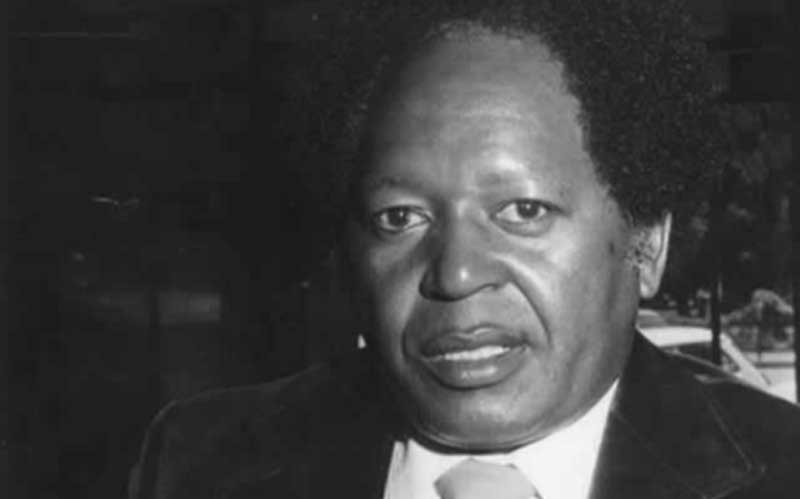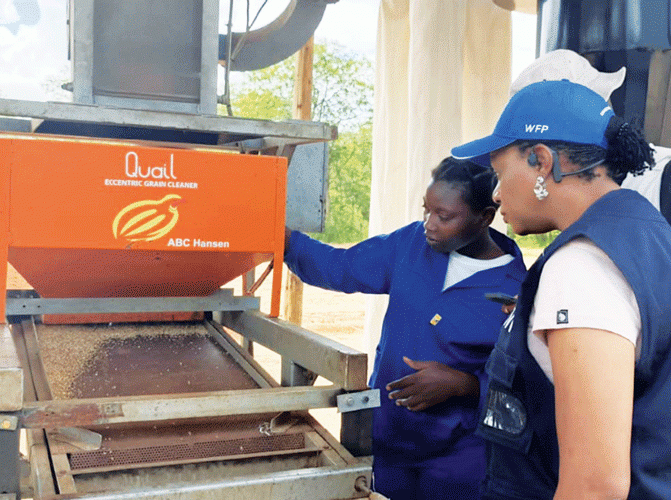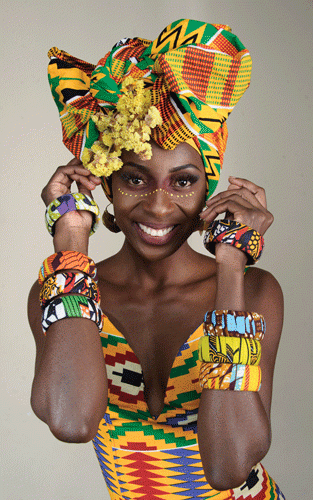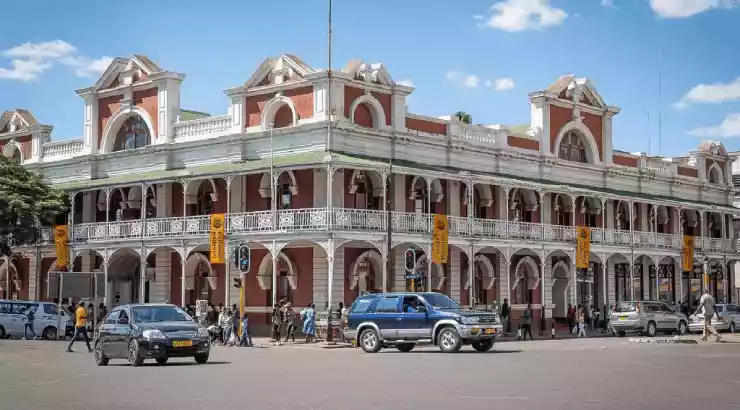
DEATH is the least we should have to fear as it is inevitable. Believe it or not, all of us will die someday. However, when the living lose people close to their hearts, the sadness is always unbearable. These are the dynamics of life.
Today, we unveil the tombstone in loving memory of one of Zimbabwe’s greatest musicians, Greenford Jangano, at Warren Hills Cemetery. The musician died on November 27, 2015, aged 79.
Jangano was a music icon, guitarist, bassist, keyboard player and singer/songwriter. He was born on January 13, 1935 at Old Umtali Mission in Manicaland where his parents worked.
He had four siblings, Booker, Lovemore, Christian and Shepherd who also formed the Tornadoes Band in Mutare. Green attended primary school at Old Umtali Mission (now known as Old Mutare or Hartzell) where he was taught to drive by his cousin, Kawadza. The driving skills would earn him employment at a farm in Chipinge but left when the white farmer doubled his duties to include looking after pigs. Jangano quit the job and relocated to then Salisbury in pursuit of employment.
He worked for Glens Transport and later relocated to Lusaka, Zambia.
In 1958, Jangano began his musical career with a band he had met while in Zambia called the Afro-Cuban band whose leader was George Mlongoti.
Jangano was lead guitarist in the band and their main music genre was known as cha-cha-cha.
While working at Portland Cement, he met William Chiguma, another musician who joined his band.
- In the groove: Bob Marley continues to rule from the grave
- In the groove: Bob Marley continues to rule from the grave
- Bob Marley’s romance with president’s daughter
- Bob Marley’s romance with president’s daughter
Keep Reading
Jangano would meet West Nkosi, a South African music producer, at Cyril Jennings Hall, Highfield in 1959 where the producer was scouting for musicians to sign on. There was stiff competition among the musicians present, but Jangano’s band whose imagination and innovation put them on top of their game, won the contest and thus became known as the Harare Mambo Band.
The band soon became famous for churning out music and dance songs. The song Tamba Suzana or Zvanhasi Ngezveduwo sometimes known as Tenderera Tendera came immediately after.
After that, Jangano began to take music seriously and assumed the reins as manager of Afro-Cuban Band which had failed to make an impact in Harare (known at the time as Salisbury). He took the Harare Mambos to places like The Federal Hotel and Queen Elizabeth Hotel where he secured contracts to play for patrons in pubs.
He later worked for British American Tobacco, a company which also gave him the opportunity to advertise their product, Players Gold Leaf cigarettes, and later Lever Brothers where he took the band around the country to advertise Sunlight soap from a mobile van.
This is the first time I met Jangano in person. I was introduced to him by his brother, Shepherd. I also met William Kashiri and Elisha Jasamu for the first time. They had an amazing act. Tamba Suzana left a big impression on me especially when they sang the part that said tenderera tenderera.
The Harare Mambos were involved in the promotion of many products for private companies in Zimbabwe. Companies such as British American Tobacco and Lever Brothers, have got the Harare Mambos to thank for the promotion and publicity of their products and the profits they made during the early sixties before television and most people could afford radios. The band used to travel nationwide on publicity campaigns with Jangano at the forefront. They were also the first local band to appear on a white-dominated television.
Because they were so good, on local television, Martin Locke the then television anchor on Rhodesian TV, presented them as a Black American band to stop the White Rhodesians from protesting against the showing of Africans on “their” television.
In 2007, during the Zimbabwe Awards Music show which was hosted by Webster Shamu, who used to be a radio personality during Green Jangano’s time, a Cheuka Shure/ Bheki Emviva award was given to him in recognition of his iconic and sterling work in the music industry.
After his death in 2015, Jangano was also posthumously honoured at the Victoria Falls International Jazz Festival together with two other late Zimbabwean legends, Augustine Musarurwa and Dorothy Masuka.
The Harare Mambos had a lot of line-up changes in the late sixties and at some stage due to an increase in the number of work contracts they became so busy to the extent that smaller bands known as The Mambos A, The Mambos B and The Mambos C were formed. Names such as William Kashiri, Elisha Josamu, Friday Mbirimi, Newton Kanengoni, Newman Chipeni, Paul Silla, Virginia Silla, Ernest Tanga Wekwa Sando, Louis Mhlanga, William Mhlanga, Clancy Mbirimi, Jimmy Chivanga, Mike Josamu, Tony Gumbo and Zexie Banda were associated with the Harare Mambo Bands.
However, by 1985, only one band remained with Jangano and William Kashiri as the only two original members. At one stage, apart from Newton Kanengoni, the keyboards player, and Clancy Mbirimi, the bass player, The Mambos had become a family affair.
Members included Jangano on second keyboards, Virginia Silla (vocals), Jangano’s son Charles on piano and the late Paul Silla on lead guitar. The hit song Mbuya Nehanda Kufa Vachishereketa came out of this latter outfit.
In 1980, Jangano and the Harare Mambo band signed a contract with Zimbabwe Sun Hotels to give performances at Monomotapa Hotel in Harare and the band stayed there until 1992 when the same hotel group moved the band to Elephant Hills Hotel in Victoria Falls where Jangano had established a home.
Jangano is a former president of the Zimbabwe Musicians Union where he displayed good governance and administration skills. He was a highly intelligent man who demanded strict discipline from his band members in the way they behaved in public and in the way they dressed. His survival as a musician who managed well mainly on music alone over the years is proof of his shrewdness as a music businessman.
Although the Harare Mambos played a lot of copyright music, they laid down some good original tracks such as Mbuya Nehanda (sometimes titled Tora Gidi Uzvitonge) which has become a classic Chimurenga song in Zimbabwe since 1980. Other tracks include Kudendere, Tipeiwo Chimoto and Bhohera.
For all his achievements, I am of the opinion that Greenford Jangano who will be fondly remembered by all of us, should be granted the national hero status.
Jangano taught us good lessons without which the music industry would be in the doldrums.










